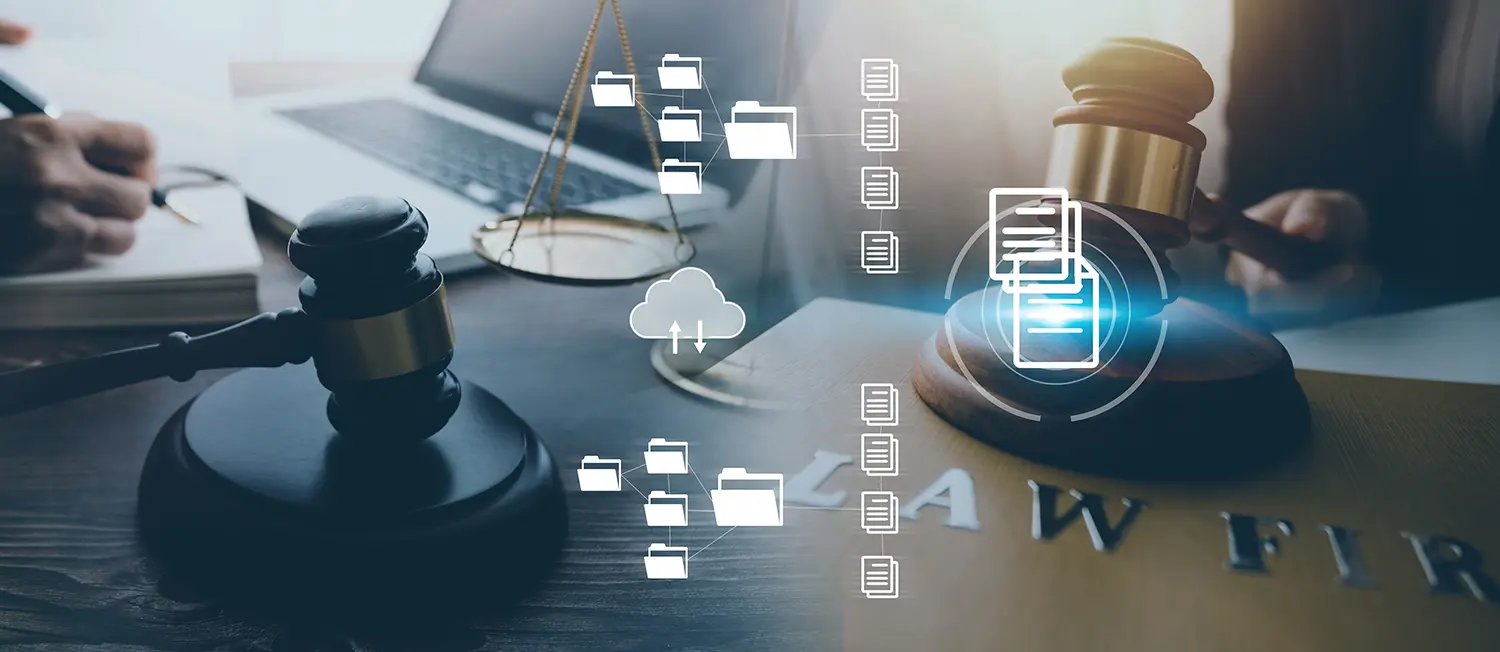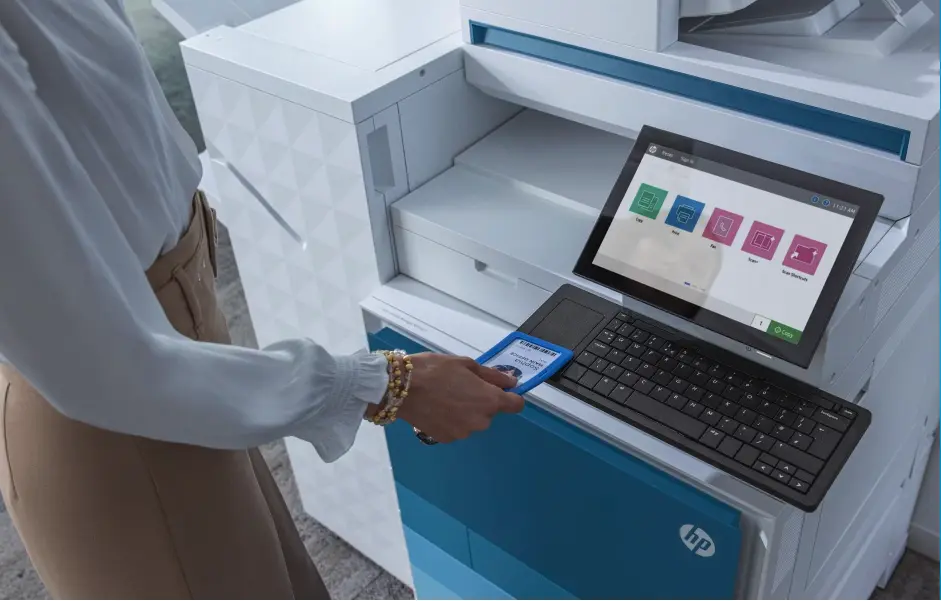Educate Your Team
We have a few more tips, but topping the list is communicating with and educating everyone at your legal practice about email security. That includes partners, attorneys, paralegals, and administrative staff. It’s essential to ensure your team is savvy about the latest security tips and trends. Along with educating personnel about email security, they need to understand your organization’s expectations. Those working at your law firm should be aware of items that you would and would not ask for in an email or when they should confirm tasks with you. New employees may be especially vulnerable if they are not versed in email security and your organization’s expectations and norms. Ensuring the lines of communication are open is the best way to keep everyone aware and vigilant.
Use Email Encryption
Email encryption prevents messages from being read by anyone who the message is not intended for. Encryption scrambles the message and makes it unreadable to hackers. Ensure you have email encryption set up by reaching out to your IT service provider. Many applications can provide email encryption services for small businesses if you don’t have a service provider. Encryption is one helpful way to prevent hackers from having the information they need to attempt phishing scams or steal personal information of staff or your clients that can lead to identity theft.
Create Strong Passwords
Your legal practice’s client files are filled with the type of information hackers would love to get their hands on. Any breach can expose your firm to severe consequences, including loss of reputation and potential compliance violations that can be very costly. The passwords used for accessing applications and data retrieval are your first line of defense. It’s important to establish company policies about email password requirements- they must be unique from application to application, and they must be difficult to guess. Your firm’s policies should also address where passwords should be stored. You can use password managers; however, you still need to ensure that someone cannot easily stumble across the master password. Any new attorney or staff member needs to be trained on your email password policies. Current staff should receive regular reminders.
Use Multi-Factor Authentication (MFA)
Using MFA is a quick and easy way to verify a person’s identity when logging in on different applications or devices. The simplest way is to have a push notification or text sent to the user’s cell phone. They will be able to confirm the push notification or enter the code texted to them to gain access to the device they are using to log in. MFA or 2FA is a convenient way to verify identities and sends notifications that someone is trying to log in to a device using your credentials.
You don’t want to ever risk the accidental release of confidential client or information about your law firm. Keep your employees up to speed with online security best practices. Have questions about IT security? Reach out to us to learn more.












